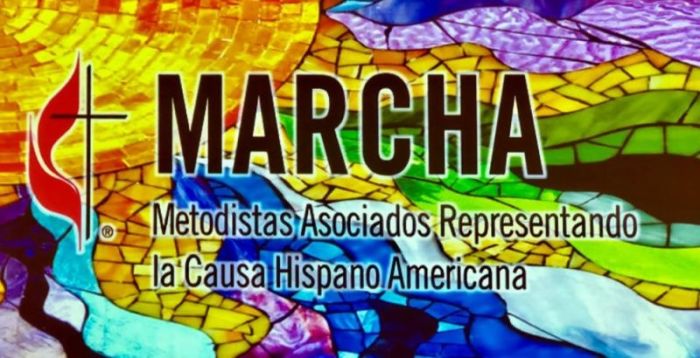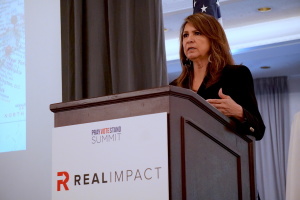United Methodist Latino Caucus Backs Plan to Soften Church's Stance Against Homosexual Acts

The United Methodist Church's Latino-Hispanic caucus has endorsed a plan that would remove the denomination-wide position against homosexual acts and gay marriage.
The UMC will hold a special session of General Conference next February to determine what their official position will be on LGBT issues, as the debate has threatened to schism the mainline denomination.
At their assembly held earlier this month, Methodists Associated Representing the Cause of Hispanic/Latino Americans (MARCHA) voted 42-16 in favor of a resolution expressing support for the proposal, known as the "One Church Plan."
The Reverend Eunice Vega, one of the two delegates to sponsor the resolution, argued that the One Church Plan was the best option because it allowed for "the coexistence of different theological positions."
"[The One Church Plan] gives space to local churches, conferences, clergy and laity, to be able to assume their positions conscientiously and accordingly with their contexts," said Vega, as quoted by United Methodist News Service.
The Rev. Rosita Mayorga spoke against the resolution, arguing that if the One Church Plan were passed next year the result will lead to many theologically conservative churches leaving.
"This resolution will have a negative impact on our congregations, since most are charismatic. Although I do not think they are fundamentalists, but most of them are certainly conservative," stated Mayorga, as quoted by UMNS.
"The situation is painful, because it has taken a lot to build congregations, which could leave the denomination if this model is adopted at the special General Conference in 2019."
For the past several years, the UMC has had divisive debate over their Book of Discipline's official statement says, "The practice of homosexuality is incompatible with Christian teaching."
At the 2016 General Conference, a Commission on a Way Forward was created to come up with a potential solution for the controversy. One proposal was the One Church Plan, which would remove language labeling homosexuality "incompatible with Christian teaching," allow churches in the United States to permit same-sex weddings and gay ordination while letting clergy and some overseas conferences retain official opposition.
The Plan has the backing of a majority of the UMC Council of Bishops, who in May released a statement saying the plan "encourages a generous unity by giving United Methodists the ability to address different missional contexts in ways that reflect their theological convictions."
In addition to the One Church Plan, the other proposals up for consideration next February include the "Traditionalist Plan," which maintains UMC's current stance on LGBT issues, and the "Connectional-Conference Plan," which allows regional conferences to determine what stance they will take.
Criticism for the One Church Plan has come from both theological liberals and theological conservatives within the mainline denomination.
Reconciling Ministries Network Executive Director Jan Lawrence wrote in a blog entry earlier this year stating that she believed while the plan "has the potential to reduce harm," it was also "far from the inclusive plan some claim it is."
John Lomperis of the Institute on Religion & Democracy has expressed multiple issues with the plan, one being his belief that it was the "most guaranteed to split our denomination apart."
"This plan would regionalize and localize the most emotionally bitter fights of General Conference to instead take place at central conference meetings, annual conference clergy sessions, and eventually every U.S. congregation," wrote Lomperis in a blog entry earlier this year.
"This plan also offers no olive branches whatsoever of respect, grace, or amicable treatment toward congregations in which the members overwhelmingly felt they could not remain in a denomination with these new standards."




























